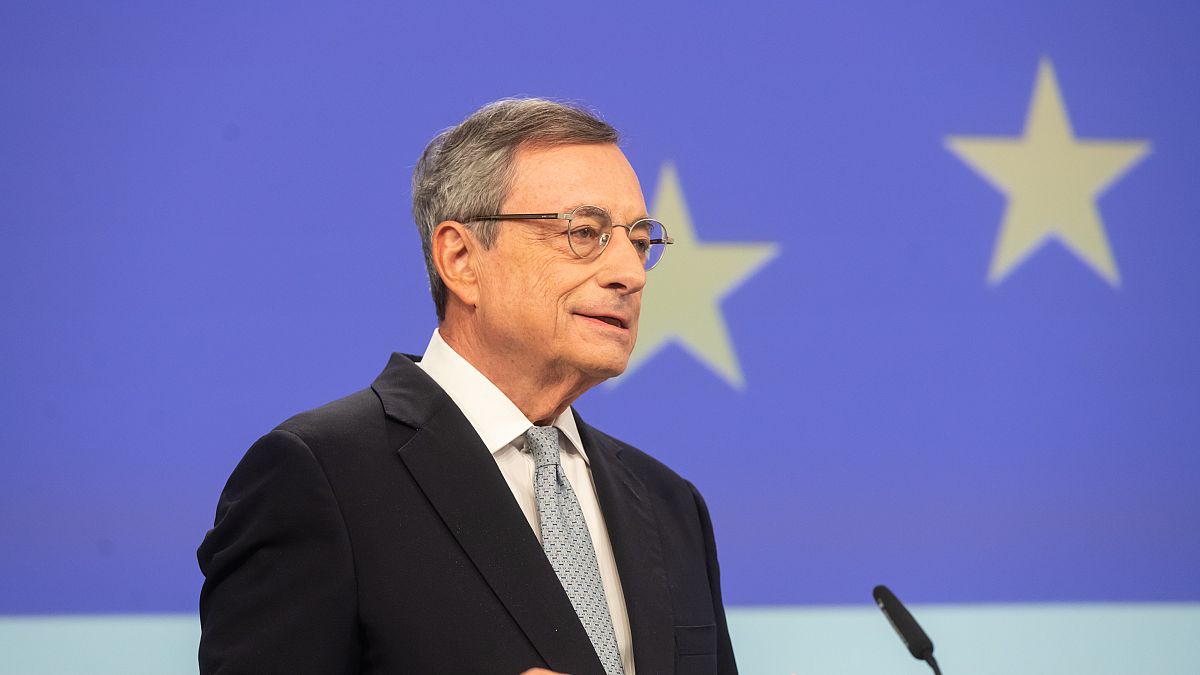The European Union’s defence market is on the brink of a potential supply crisis if member states fail to harmonize their defence spending and procurement strategies, as highlighted in Mario Draghi’s recent competitiveness report.
According to Draghi, the EU’s defence industry is burdened by structural challenges, including weaknesses in innovation, governance, international reliance, and public expenditure. “Member states are not fully capitalizing on the advantages of EU coordination, interoperability, joint procurement, and resource pooling,” the report emphasizes.
This lack of coherence has led to fragmented and inefficient defence spending, particularly when compared to global counterparts such as the United States, which allocates nearly three times the budget for defence compared to the EU. Over the last ten years, EU countries have begun to reverse the post-World War II trend of underinvestment in defence, with many committing to spending a minimum of 2% of their GDP on military capabilities.
However, despite these national budget increases, Draghi argues that defence expenditures remain inadequate relative to the current geopolitical landscape. Europe’s efforts to bolster its defence capabilities and support Ukraine are hampered by an internal defence industry that is ill-equipped to meet escalating demand.
The European Commission has projected that the continent’s defence sector will require an additional €500 billion over the next decade to maintain competitiveness and satisfy existing demands. Draghi warns that failing to collaborate effectively could result in critical supply bottlenecks in the EU defence sector.
The current European defence market is notably fragmented, characterized by major players in five member states (France, Germany, Italy, Spain, and Sweden) and over 2,500 small and medium-sized enterprises (SMEs), often leading to unnecessary overlap and redundancy. Guntram Wolff, a senior fellow at the Brussels-based think tank Bruegel, emphasizes the necessity of a more cohesive approach: “Moving away from national preferences toward a more integrated European defence market is absolutely essential.”
Joint procurement currently represents only 18% of total defence spending, despite EU nations’ pledge to attain a 35% benchmark set by the European Defence Agency. MEP Hannah Neumann (Germany/Greens) calls for unity among member states: “We need to stop competing against one another and instead combine our strengths in producing advanced military equipment within the European Union.”
Despite the increased budget allocations, Europe still lags behind its competitors in defence research and development, investing merely €9.5 billion in 2022—far less than the US’s $140 billion in 2023. According to Draghi, new funding strategies are essential to meeting upcoming challenges.
“There is a critical need for shared common assets and common funding to enhance our collective capabilities,” Draghi stated at a recent press conference.
Capitalizing on Common Goals to Overcome Dependence
To reverse international dependencies, Draghi advocates for improved access to public and private financing, enhanced coordination among member states, and scaling up production capabilities. “Europe is not purchasing enough defence commodities, and when it does, costs are inflated. An integrated defence market is crucial,” Wolff notes.
The ‘Buy European’ principle also ties into economic security, with data showing that 75% of new orders within the EU between February 2022 and mid-2023 were sourced from outside Europe. Neumann warns that failing to realize the importance of unity will mean continued reliance on US imports, which is not a viable strategic objective for any political faction in Europe.
Furthermore, the defence industry seeks clarity around procurement processes, a streamlined regulatory framework, and robust long-term strategic planning. A report from the AeroSpace and Defence Industries Association of Europe (ASD) stresses that while the EU can facilitate incentive programs, defence procurement choices remain under national jurisdiction.
Categories:
Photo credit & article inspired by: Euronews
